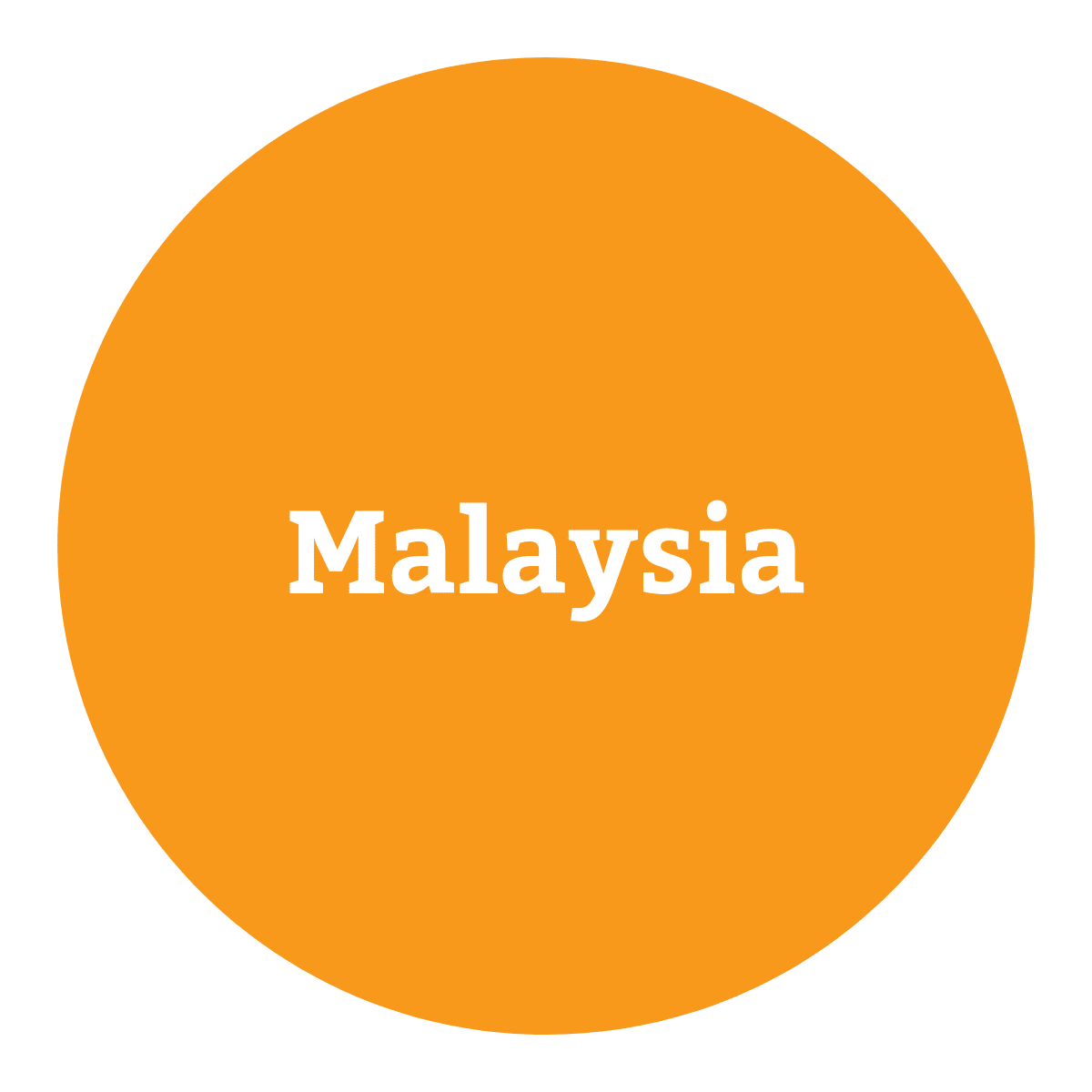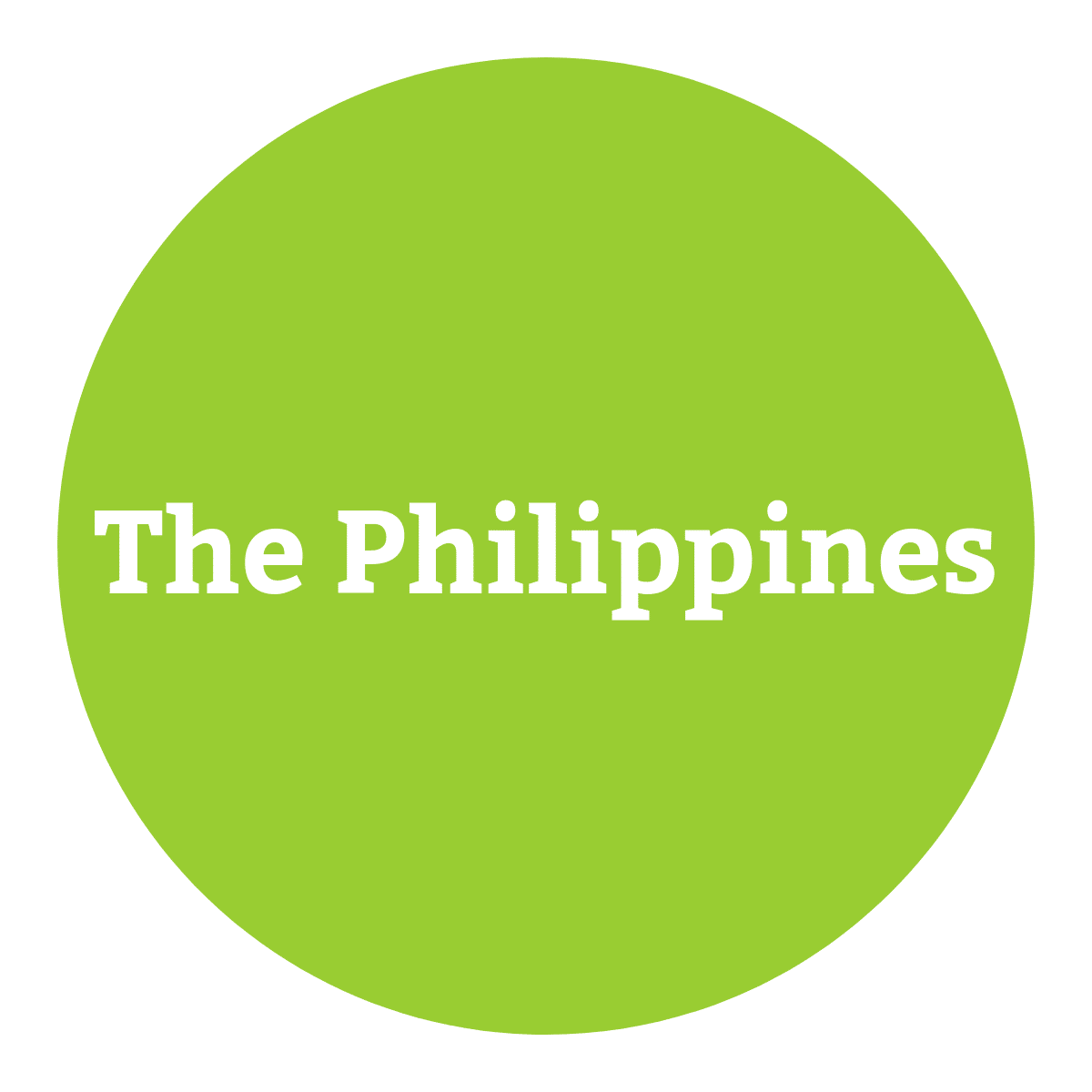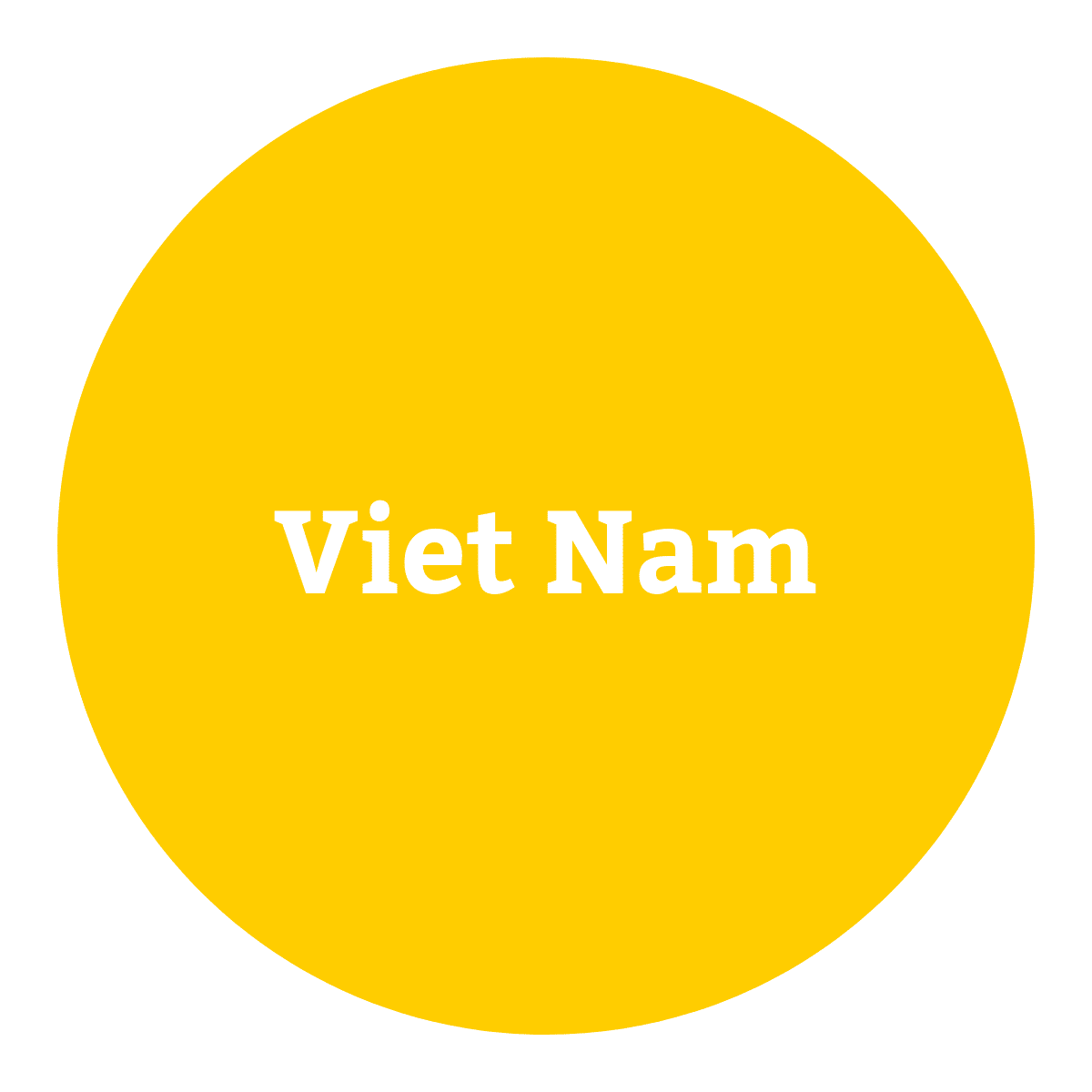Many countries in Southeast Asia have taken a lead role in developing comprehensive policies and programs to promote public access to ICTs. The internet and overall information society have become key elements of this region’s socio-economic development, and governments as well as private sector and civil society have recognised the opportunities and benefits of expanding ICT access to as many citizens as possible.

The Malaysian Communications and Multimedia Commission (MCMC) has for many years been at the forefront of the Southeast Asia region in developing ambitious and effective public ICT access programs. Malaysia adopted its Universal Service Provision (USP) Regulation in 2002, establishing the USP Fund to finance expansion of telecommunications network coverage. Starting in 2007, MCMC also focused on establishing public internet access centres to promote connectivity and use of ICTs and to support socio-economic and human capital development. The scope and focus of these centres have evolved since their inception. The most recent and advanced versions are known as Pusat internet centres.
As of 2018, Malaysia has established 860 Pusat internet centre facilities in all regions of the country. There are several different models depending on the location and the needs:
The Pusat centres are owned and operated by licensed telecom operators, who are selected via competitive bidding through the USP Fund. They are also often organised in partnership with various organisations, such as schools and universities, other ministries and agencies, and local community groups. In general, they are established in easily accessible locations where there is dense population and high traffic. The buildings are between 900 and 1,200 square feet in size, and no Pusat Centre can be located within 5 kilometers of any other centre. There are typically 20 PCs, with 10 used for training classes and 10 for general internet surfing. There is both a network monitoring system and internal web-based closed-circuit television for security. Each centre should have two trained supervisors.
The Pusat internet centres extend their delivery of public access beyond the facility through interconnected WiFi signals, which can be set up at nearby community buildings (within three kilometers), providing free wireless broadband for the public. The Pusat centres serve a variety of functions and deliver a variety of services, including:
- Change Agent: Contribute to community development
- Collaboration and Community Engagement: Platform for advocacy and connecting local leaders and stakeholders
- Learning: Centre for lifelong learning and capacity development for community members seeking formal and informal knowledge
- Creative Innovation: Entrepreneurship, creativity, and innovation hub
- Business and E-Commerce: Hub for online marketing and business activities, including e-commerce, e-government, employment, and online banking
- Knowledge Repository: Information, stories, successes, failures, and lessons to share within the community
- Digital Literacy and Community Outreach: Programs to engage and support local citizens in succeeding in the digital economy
The MCMC public internet access centre programs have achieved widespread success and recognition, both within Malaysia and around the world. Users who got their start at Pusat internet centres have gone on to become online entrepreneurs, with successful e-commerce shops selling food and crafts, as well as community leaders and technology innovators working in the areas of app development, drones, 3D printer prototypes, and robotics. Numerous users have received national and international awards for their ICT-based business activities enabled by the centres, which in some cases have generated thousands of RM (Malaysian ringgit) in monthly sales.

Thailand has established an extensive network of over 2,200 Digital Community Centres (DCCs) throughout the country in recent years. These centres have been set up in locations such as schools, temples, sub-district administrative organisations, informal education offices, and other sites. In addition to offering public access to computers and internet connectivity, the centres provide a wide variety of services and functions to support the development of local digital economies. These include a focus on digital skill building and cyber security education, as well as general training in the use of these technologies for community enhancement. Other services and features include e-government, e-agriculture, e-education, and e-health programs.
One of the central areas of emphasis for the Digital Community Centres is the promotion of Thailand’s vision of Village e-Commerce, to support small, local entrepreneurs. Many DCCs thus offer comprehensive training courses in skills such as product packaging and presentation, online store management, digital marketing, customer relations, electronic billing and payment, and other e-commerce functions. Within the first year of these initiatives at over 300 DCCs, more than 6,000 local entrepreneurs received training, which supported more than 4,500 online stores that achieved sales totalling more than USD $6.5 million.
The Thai government’s experience with DCC Village e-Commerce initiatives has provided several important lessons and highlighted key success factors, including:
- A standardised business model for DCC structure and operations ensures that best practices are followed. Key features include providing e-commerce functions and government services, including technology support for farmers; IT training classes; and direct consultations for e-commerce entrepreneurs.
- DCCs must be managed by a community champion, who interacts with users and the local community in developing strategies, including organising “boot camp” training programs.
- Creation and implementation of DCCs should follow proven stages of development processes: establishing the Centre; recruiting and training instructors; providing development and support for local entrepreneurs; and expanding outreach within the community and beyond.

The Philippines has pursued an aggressive national policy of promoting public access to the internet for all sectors of society. A series of increasingly advanced and widespread programs has been introduced nationwide, providing ICT access, services, training, and applications to countless Filipino citizens and communities.
The Community eCentre (CEC) program was initially established by the Government to bring together a range of diverse public internet access facility programs. These included eSkwela centres, providing educational services; eLGU centres, focused on local government; others providing agriculture extension services; and more. The CEC program combined these models under a single PhilCECNet program, and by 2010, nearly 1,500 CECs had been established, covering almost 60 percent of municipalities.
Starting in 2013, the Department of ICT upgraded the CEC program to become the Technology for Education, Employment, Entrepreneurs, and Economic Development (TECH4ED) initiative. The program aims to establish sustainable ICT centres nationwide, in order to support delivery of ICT-enabled services and content for socioeconomic development of unserved and underserved communities. As the program name implies, this goal includes promoting education as well as employment and entrepreneurship through ICTs.
With renewed government support, DICT has established over 2,200 TECH4ED centres throughout the country since 2015:
These centres are housed in a variety of facilities, with differing models. Some of these include:
- Local Government Units: Public halls at the city, municipal, or barangay (small town) level, typically in locations of heavy public foot traffic, including facilities for senior citizens and people with disabilities.
- Schools: Centres installed in public or even private schools primarily for use by students, teachers, staff, and also parents.
- Libraries: All qualified public libraries in the Philippines are intended to be designated as TECH4ED Centres, with available content linked to the libraries’ information resources.
- Farmers IT Services (FITS) Centres: Locations managed by the Agriculture Training Institute of the Department of Agriculture, in areas accessible to farmers, providing information and technical support and related resources.
- NEGOSYO Centres: Managed by the Department of Trade and Industry, these centres provide ICT-based content and assistance to small, medium, and microenterprises.
- National Government Agencies and Nongovernmental Organizations: Centres linked to their operations and service missions. All DICT provincial centre offices also contain TECH4ED Centres.
- Mobile TECH4ED Centres: In some areas, mobile centres housed in trucks or buses are used to bring ICT services to hard-to-reach locations on a temporary basis.
The largest number of locations are in schools and local government locations. By late 2018, there had been over 110,000 beneficiary users, more than half of them women, and two-thirds below the age of 30. Over 4,200 TECH4ED managers have been trained.
Most recently, DICT has launched another new and ambitious program to introduce free public Wi-Fi hotspots in thousands of locations throughout the country. In partnership with UNDP, the “Pipol Konek” program aims to invest in local infrastructure, operations, and capacity building, in collaboration with local public offices at each site.

The Indonesia USO Fund’s public internet access projects have consisted of two models. A standard public internet access centre (Pusat Layanan Internet Kecamatan [PLIK]) provides a fixed public location similar to a traditional cyber café, where citizens can use computers, connect to the internet, send and receive faxes, and also make telephone calls. The government has established over 5,700 PLIKs.
The second model involves providing internet access on a mobile basis (known as MPLIK). Following a successful pilot program, mobile PLIKs were introduced in nearly 2,000 sub-districts. These are large trucks or vans equipped with computers and other equipment, and with microwave or satellite transmission capabilities.
These programs have been implemented under a “service procurement” approach. The USO Fund does not specify the exact configuration of infrastructure and equipment, but the services offered must meet certain requirements. This creates different options for providers to design public access facilities and services, although it places a burden on the USO Fund to monitor and measure service compliance. Indonesia has also found that a local “champion” is a key factor in the successful establishment of internet access centres.

Since 2005, Viet Nam has implemented two major Universal Service programs that have included support for public internet access facilities. The first (2005–2015) provided soft loans to set up public telecommunications access centres in remote areas of Viet Nam, along with subsidies for maintaining these centres. The second program (2015–2020) is continuing the original program, by adding another 500 rural public access centres and providing financing for maintaining all such centres in the country.
In addition to these programs, Viet Nam has had a longstanding policy of supporting Cultural Post Offices (CPOs). Since the early 2000s, more than 8,000 of these facilities have been established throughout the country by VNPost, reaching some 76 percent of the rural population, with over 1,500 serving those in extreme poverty. They provide basic post and telecommunications services at affordable prices under a state-owned model. The CPOs are owned and operated by VNPost and subsidised by the state budget and the Vietnam Public Utility Telecommunication Service Fund. The CPOs have been the most prevalent source of access to public telephone services, with a presence in all communes.
Beginning in 2008, the Gates Foundation selected Viet Nam as one of the first pilot sites for its Global Libraries program. The project provided PCs, delivered training courses, and organised social events at 99 Cultural Post Offices and public libraries in three provinces. In 2011, the Gates Foundation extended the project for another 5 years and will expand the project to 40 provinces with a commitment of US$50-million. The program included additional support for training, advertising and events, building a website to share public information, and independent project analysis. In all, the Global Libraries project has included grants for 12,670 computers, 1,900 printers and IP cameras, and other equipment to 900 public libraries and 1,000 CPOs. It has sponsored thousands of public events, media bulletins, and training courses, reaching hundreds of thousands of Vietnamese citizens, while helping to mobilise partnerships with other civil society organizations.





